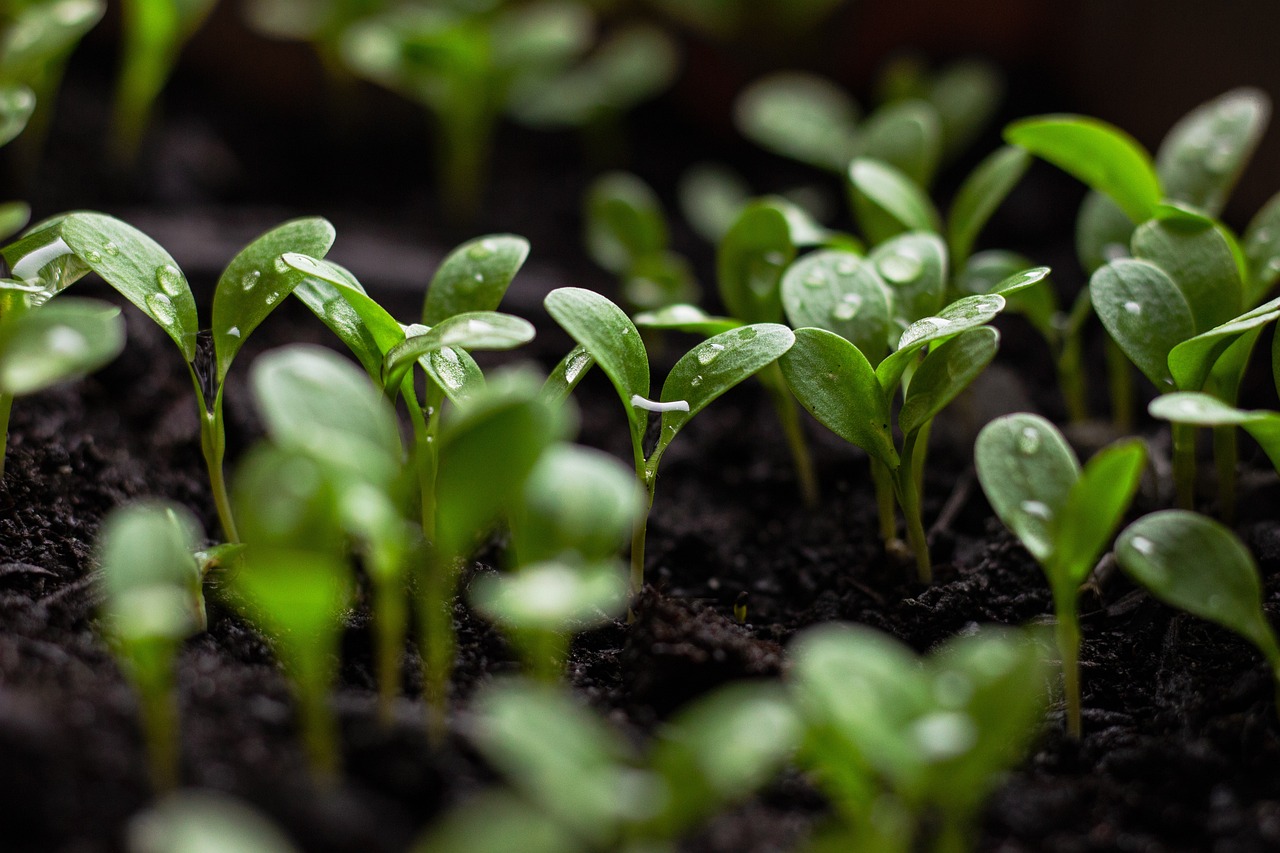In today’s rapidly changing business landscape, sustainability has become a key concern for companies across various industries. As organizations strive to minimize their environmental impact and meet consumer demands for ethically produced goods, the implementation of sustainable production processes has emerged as a crucial step towards achieving these goals. By adopting environmentally friendly methods and technologies, businesses not only contribute to a greener future but also stand to benefit from cost savings, improved brand reputation, and increased customer loyalty. In this article, we will explore the concept of sustainable production processes and shed light on how they can benefit companies in the long run. By highlighting the importance of implementing eco-friendly practices and providing actionable insights, we aim to equip business leaders with the knowledge necessary to make informed decisions and drive positive change within their organizations.
Sustainable Production Processes

What are Sustainable Production Processes?
Sustainable production processes refer to the methods and practices adopted by businesses to minimize their environmental impact and promote long-term ecological balance. These processes aim to reduce waste generation, conserve resources, and limit the emission of greenhouse gases. By integrating sustainability into production activities, companies can contribute to a more sustainable future and ensure the wellbeing of both society and the planet.
Importance of Sustainable Production Processes
The importance of sustainable production processes cannot be overstated in today’s world. As the global population continues to rise and resources become increasingly scarce, businesses must find ways to operate in a manner that does not deplete natural resources or harm the environment. Implementing sustainable production processes is not only a moral obligation but also a strategic business decision. It allows companies to future-proof their operations, mitigate regulatory and reputational risks, and tap into growing consumer demand for sustainable products and services.
Benefits of Sustainable Production Processes
Adopting sustainable production processes offers numerous benefits for businesses. Firstly, it can result in cost savings through increased energy and resource efficiency. By optimizing processes and reducing waste generation, companies can reduce their operational expenses in the long run. Secondly, sustainability initiatives can enhance a company’s brand reputation and improve its competitive advantage. With growing awareness and concern for the environment, consumers are actively seeking out eco-friendly products and supporting businesses that prioritize sustainability. Finally, sustainable production processes can help businesses comply with existing environmental regulations and potentially access government incentives, grants, and certifications.
Barriers to Sustainable Production Processes
While the benefits of sustainable production processes are clear, there are challenges that businesses may face when implementing these practices. One common barrier is the initial investment required to transition to more sustainable processes. Upgrading equipment, retraining employees, and implementing new technologies can be costly. Additionally, there may be a lack of awareness or knowledge regarding sustainable production practices within the organization, which can hinder progress. Furthermore, businesses that rely on complex and interconnected supply chains may face difficulties in ensuring the sustainability of their entire production process.
Strategies for Implementing Sustainable Production Processes
To overcome the barriers and successfully implement sustainable production processes, businesses can adopt several strategies. First and foremost, it is crucial to assess current operations, identify areas of improvement, and set specific sustainability goals. This includes conducting energy audits, waste assessments, and lifecycle analyses to understand the environmental impact of different processes. Once the areas of focus are identified, businesses can explore opportunities for resource optimization, waste reduction, and energy efficiency through the use of technology, process optimization, and employee engagement. Collaboration with suppliers, customers, and other stakeholders is also crucial to enhance transparency and ensure sustainability across the supply chain.
Case Studies of Successful Sustainable Production Processes
Several companies have successfully integrated sustainable production processes into their operations, showcasing the feasibility and benefits of such practices. One notable example is Patagonia, an outdoor apparel company. Patagonia has implemented sustainable sourcing practices, focusing on using recycled materials and minimizing waste. They have also made efforts to reduce water consumption and carbon emissions throughout their supply chain. Another example is Unilever, a global consumer goods company. Unilever has set ambitious sustainability goals, including achieving carbon neutrality and ensuring 100% recyclability of its packaging by 2025. These case studies highlight the positive outcomes that can be achieved through sustainable production processes.

Best Practices for Sustainable Production Processes
Implementing sustainable production processes requires a comprehensive approach, and there are several best practices businesses can follow. Firstly, companies should prioritize the use of renewable energy sources and implement energy-efficient technologies to reduce their carbon footprint. Additionally, optimizing water usage, adopting circular economy principles, and minimizing waste generation are essential. It is also crucial to engage employees and foster a culture of sustainability within the organization. Regular monitoring, measurement, and reporting of environmental performance are necessary to track progress and identify areas for improvement. Furthermore, collaborations with industry associations, NGOs, and other stakeholders can provide valuable guidance and support.
Technological Innovations for Sustainable Production Processes
Advancements in technology have opened up new opportunities for sustainable production processes. Internet of Things (IoT) devices and sensors can be used to collect real-time data on energy consumption, water usage, and waste generation. This data can be analyzed to identify inefficiencies and optimize processes. Automation and artificial intelligence (AI) can also play a significant role in improving resource efficiency and reducing waste. Robotics and smart manufacturing techniques enable precise control and measurement, leading to more sustainable practices. Furthermore, digital platforms and supply chain management systems can facilitate transparency and collaboration throughout the supply chain, ensuring sustainability at every stage.

Government Regulations and Incentives for Sustainable Production Processes
Governments worldwide are recognizing the importance of sustainable production and enacting regulations to encourage businesses to adopt more responsible practices. These regulations may include requirements for energy efficiency, waste management, and emissions reduction. In addition to compliance requirements, governments also offer various incentives and support programs to promote sustainability. These can range from grants and tax credits for implementing renewable energy systems to certifications and labeling schemes that differentiate sustainable products in the market. Businesses should stay informed about relevant regulations and incentives to leverage them for their sustainability efforts.
Challenges and Future Outlook for Sustainable Production Processes
While significant progress has been made in promoting sustainable production processes, challenges remain. One challenge is the complex nature of global supply chains, making it difficult to ensure sustainability throughout the entire production process. Additionally, the high upfront costs associated with implementing sustainable practices may deter some businesses from making the necessary investments. Furthermore, staying up to date with rapidly evolving technologies and sustainability standards can be a challenge. However, the future outlook for sustainable production processes is promising. As sustainability continues to gain importance in the business world, there will be more innovation, collaboration, and support to overcome these challenges and create a more sustainable future.
FAQs
1. Are sustainable production processes only relevant for larger corporations?
No, sustainable production processes are relevant for businesses of all sizes. Smaller companies can adopt sustainable practices to reduce their environmental footprint, improve efficiency, and enhance their brand reputation.
2. How can businesses engage employees in sustainable production processes?
Engaging employees in sustainability initiatives is crucial. This can be achieved through training programs, workshops, and employee-led green teams. Incentives such as recognition and rewards for sustainable practices can also drive employee engagement.
3. Do sustainable production processes always require significant upfront investments?
While there may be initial costs associated with transitioning to sustainable practices, the long-term cost savings and potential benefits outweigh the upfront investments. Moreover, businesses can explore funding options, grants, and incentives to support their sustainability efforts.
